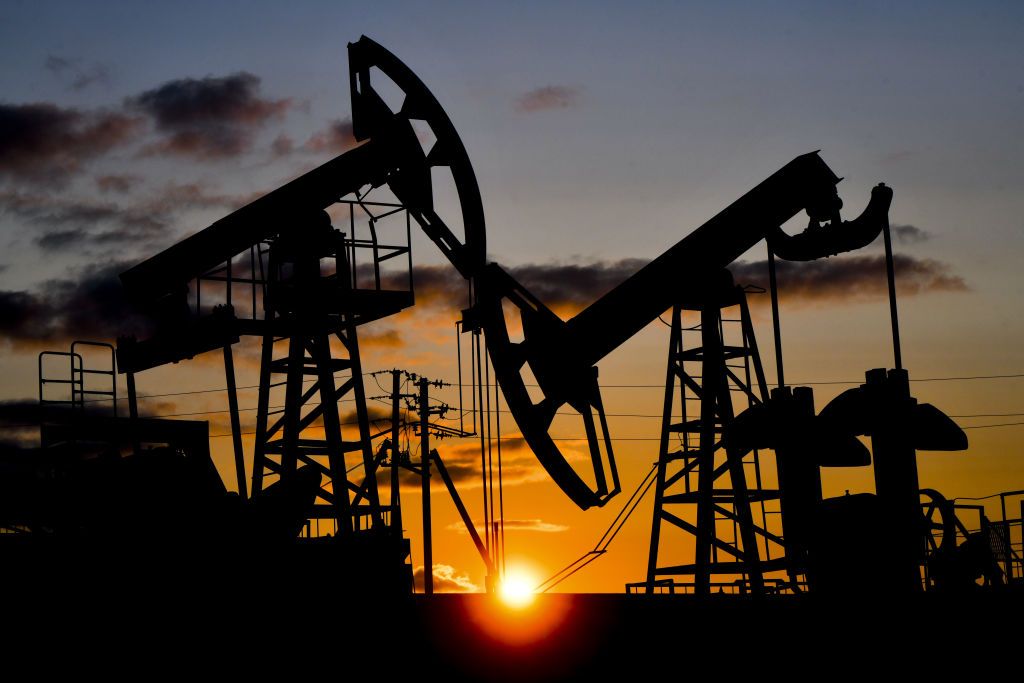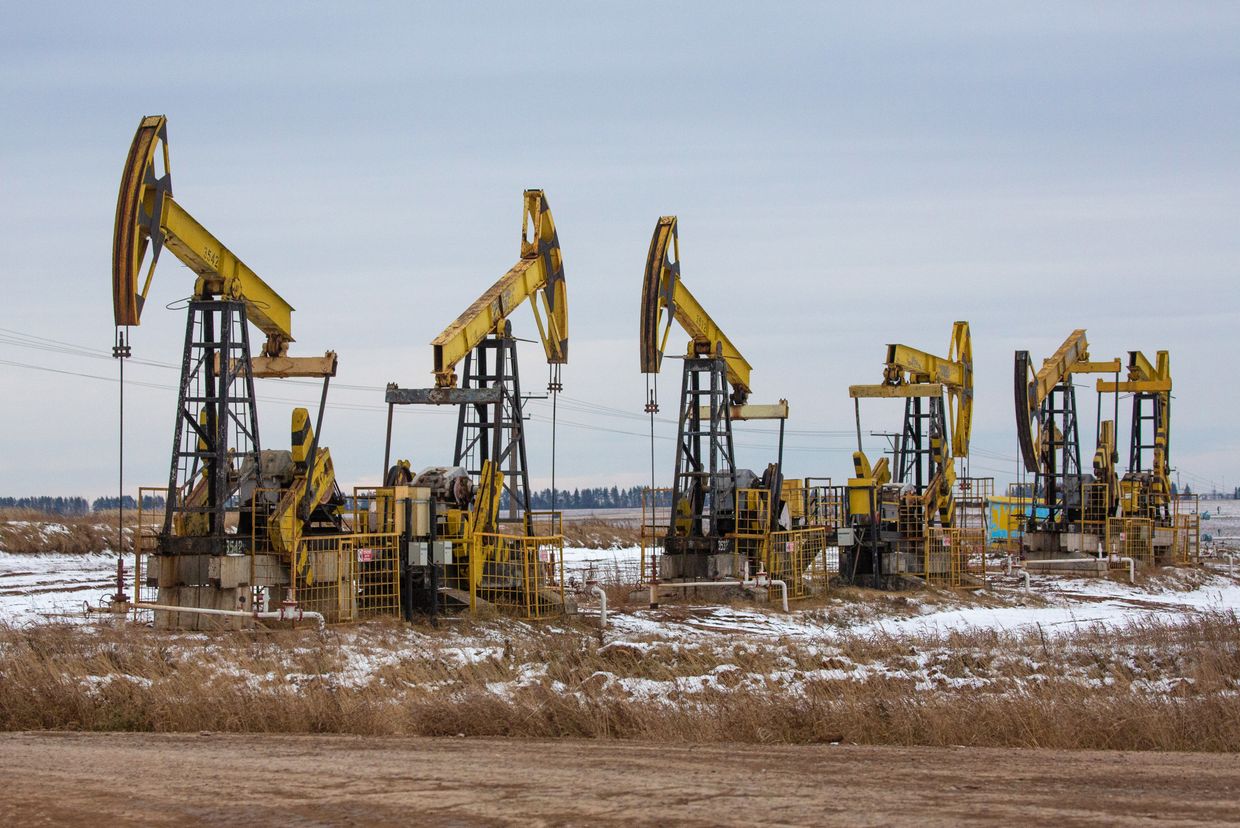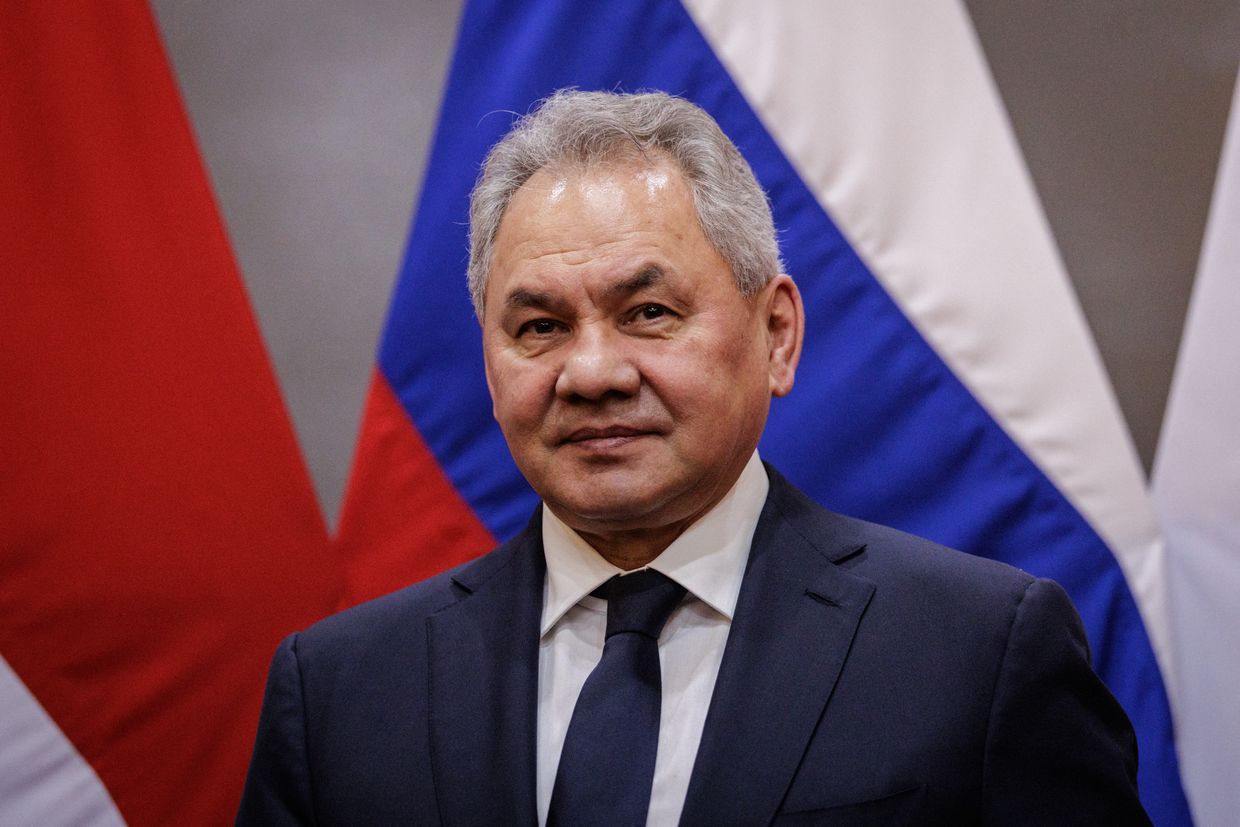The sanctions list includes 58 individuals and 74 companies, with 67 Russian enterprises related to military technology.
Washington and its partners are considering additional sanctions if the parties do not observe a ceasefire, with political and technical negotiations between Europe and the U.S. intensifying since last week, Reuters' source said.
Despite the Kremlin's announcement of a May 8–11 truce, heavy fighting continued in multiple regions throughout the front line.
The Kyiv Independent’s contributor Ignatius Ivlev-Yorke spent a day with a mobile team from the State Emergency Service in Nikopol in the south of Ukraine as they responded to relentless drone, artillery, and mortar strikes from Russian forces just across the Dnipro River. Nikopol is located across from the Russian-occupied Zaporizhzhia Nuclear Power Plant in the city of Enerhodar.
Peter Szijjarto's announcement came after Ukraine's Security Service (SBU) allegedly dismantled a Hungarian military intelligence network operating in Zakarpattia Oblast.
Moscow and Washington discuss the potential resumption of Russian gas supplies to Europe, among other issues related to the peaceful settlement of Russia's war in Ukraine, Russian presidential aide Yuri Ushakov confirmed to the Russian state-run Interfax news agency.
"This is a historic decision, as weapons for Ukraine will be purchased at the expense of the proceeds from frozen Russian assets through the European Peace Fund," Denys Shmyhal said.
Kurt Volker said that now "there is more alignment" between Ukraine and the U.S. under the Trump Administration than at the beginning of 2025.
The approval marks a key step in international efforts to hold Moscow accountable for what is considered the gravest violation of international law committed against Ukraine.
Indonesia seeking to buy Russian oil for first time in over 10 years, Reuters reports

The Indonesian state-owned refinery Pertamina has included Russian crude oil grades in its September tender lists for purchase, Reuters reported on July 23, citing three traders.
Pertamina has not bought Russian oil for many years. The last time the Indonesian company bought ESPO Blend and Sokol oil from Russia was more than 10 years ago, according to the London Stock Exchange Group (LSEG), a global financial markets infrastructure and data provider.
Pertamina requested Russian Urals oil along with sour grades, including Kirkuk, Jubilee, Al Shakheen, and others, for Sep. 15-17 arrival at its Cilacap refinery.
The company also asked for Sokol oil among sweet oil grades such as Azeri BTC, El Sharara, Qua Iboe, and others for arrival at Cilacap over Sept. 18-20, Reuters reported.
The Sokol is to be supplied under CFR (cost and freight) or DAP (delivery at place) terms only, according to the tender.
One of the tenders was held last week, and another was closed on July 22. The results of the tenders have not yet been announced, Reuters said, citing its source.
The source told Reuters that Pertamina can only buy Russian oil if it is sold within the price cap regulation, which means at a price of less than $60 per barrel.
A spokesperson for Pertamina's refining unit, Hermansyah Nasroen, said on July 23 that the company will buy crude oil that meets its refinery specifications while complying with all relevant regulations.
Western sanctions against the Russian energy sector, including the EU embargo on Russian oil and the price cap mechanism, have made China, India, and Turkey the main buyers of Russian oil.
Russia uses a so-called "shadow fleet" to circumvent sanctions. The shadow fleet refers to aging and largely uninsured oil tankers that Russia uses to transport oil above the $60 per barrel price cap that the EU, the U.S., and the Group of Seven (G7) countries imposed in December 2022 as part of the effort to cut Moscow's fossil fuels revenue.
Aiming at one of Russia's main sources of funds to finance its war, Ukraine has made a concerted effort to target the Russian oil industry with long-range drone strikes.
Bloomberg reported in March that the strikes have disrupted between 12-14% of Russia's oil refining capacity.
The attacks against Russian energy targets prompted criticism from U.S. officials in April. Washington said it does not support Ukraine's attacks on oil refineries, citing fears that it could threaten the global energy market.

Most Popular

After Russia's deadly attack on Kyiv, Vance reposts denunciation of Zelensky

Ukraine, Europe's ceasefire proposal includes US security guarantees, no recognition of Crimea, Reuters reports

After 3 years of full-scale war in Ukraine, Europe announces plan to ban all Russian gas imports

Shoigu threatens Europe with nuclear weapons if Russia is faced with 'unfriendly actions'

Journalist Roshchyna's body missing organs after Russian captivity, investigation says
Editors' Picks

How medics of Ukraine’s 3rd Assault Brigade deal with horrors of drone warfare

As Russia trains abducted children for war, Ukraine fights uphill battle to bring them home

'I just hate the Russians' — Kyiv district recovers from drone strike as ceasefire remains elusive


